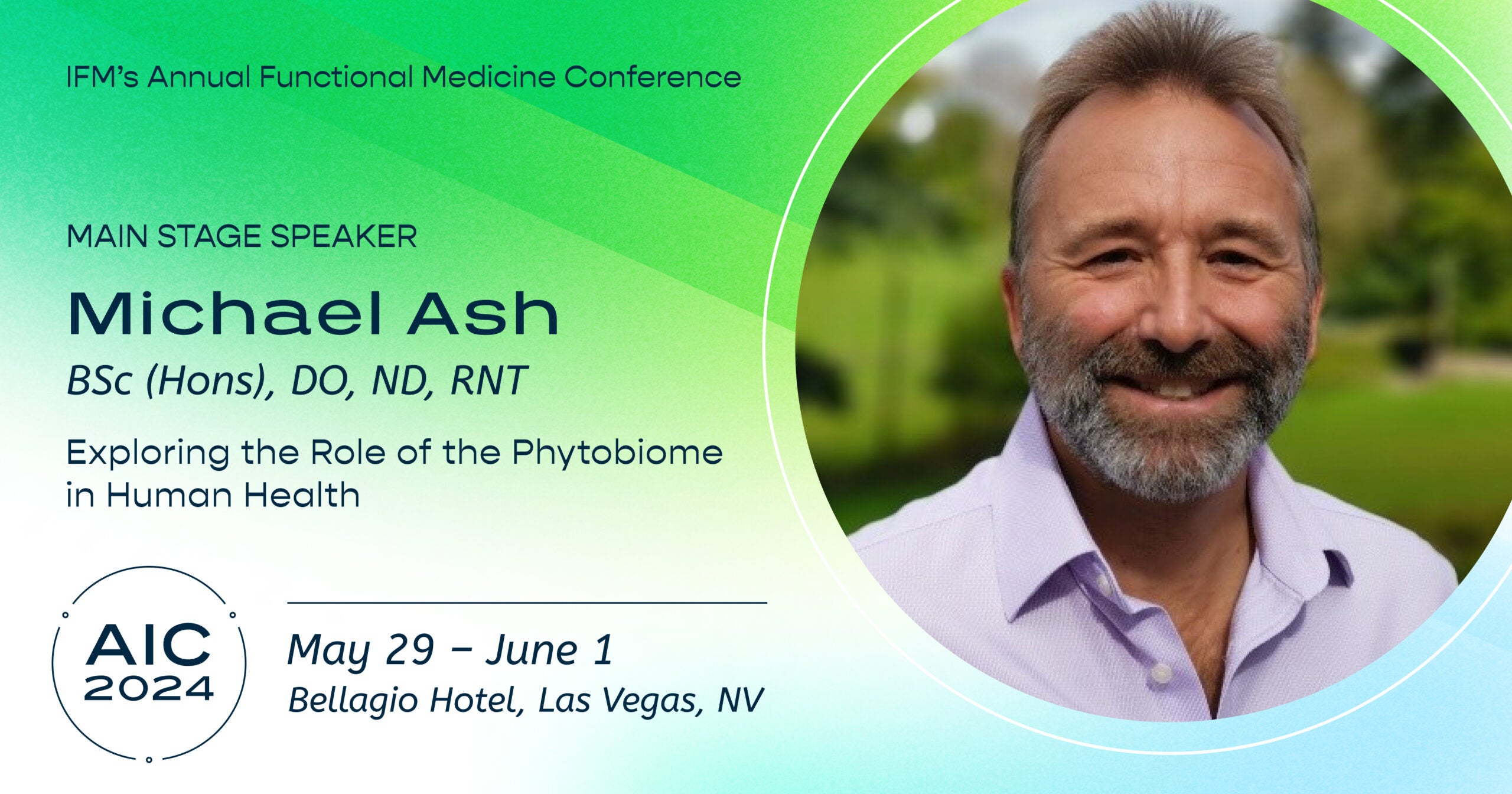insights
Unlocking the Green Connection: Exploring the Role of the Phytobiome in Human Health

Read time: 2 minutes
We are all aware of the importance of the microbiome, both within and beyond the gut, to the health and well-being of individuals. And it’s not just humans who live in balance with microbes: livestock, pets, and wildlife of all sorts have microbiomes of their own that greatly impact their development and healthspan. Plants, although you might not have thought much about it, have microbiomes too, and it turns out that the interactions between plants and microbiota likely played a major role in the evolution of life on earth and may be more important to human health and the sustainability of the planet than we realize.
In recent years, research at the intersection of plant biology and human health has unveiled a fascinating and intricate relationship known as the “phytobiome.”1 This emerging field of study has revolutionized our understanding of how plants, their associated microorganisms, the soil, and the environment collectively impact human and animal well-being via their respective gastrointestinal microbiomes.1 At AIC 2024, IFM educator Michael Ash, DO, ND, BSc, RNT, will delve into the captivating world of the phytobiome, shedding light on its significance and potential implications for human health.
The exploration will begin with an overview of the phytobiome, encompassing the diverse assemblage of microorganisms inhabiting the soil, plants, and their surroundings. Dr. Ash will explore the symbiotic relationships that exist between plants and their microbiota, emphasizing the vital roles they play in plant growth, nutrient acquisition, composition, and stress tolerance. Importantly, this will be linked to the overarching theme of how these intricate relationships directly influence human health.
One of the central themes will be the impact of the phytobiome on the food we consume. Dr. Ash will discuss how the composition and health of the phytobiome and the changing concentrations of eCo2 can affect the nutritional content of crops, thereby influencing our dietary choices and overall well-being. He will also explore the potential of harnessing the phytobiome to enhance crop productivity and nutrient density and mitigate the use of harmful chemicals in agriculture.
This presentation will also highlight the need for interdisciplinary collaboration between plant scientists, microbiologists, nutritionists, and healthcare professionals to fully grasp the complexities of the phytobiome and the implications for human health. It will also highlight future research directions, corporate involvement, agricultural practices, and potential applications that can harness the power of the phytobiome to address pressing global health challenges. Dr. Ash will ignite curiosity, foster collaboration, and inspire further exploration of the dynamic relationship between plants, their microbial partners, and animal and human health with the goal of uncovering a world where the green realm is not only our sustenance but also a potential source of solutions for a healthier and more sustainable future.
References
- Schlatter D, Kinkel L, Thomashow L, Weller D, Paulitz T. Disease suppressive soils: new insights from the soil microbiome. Phytopathology. 2017;107(11):1284-1297. doi:1094/PHYTO-03-17-0111-RVW




